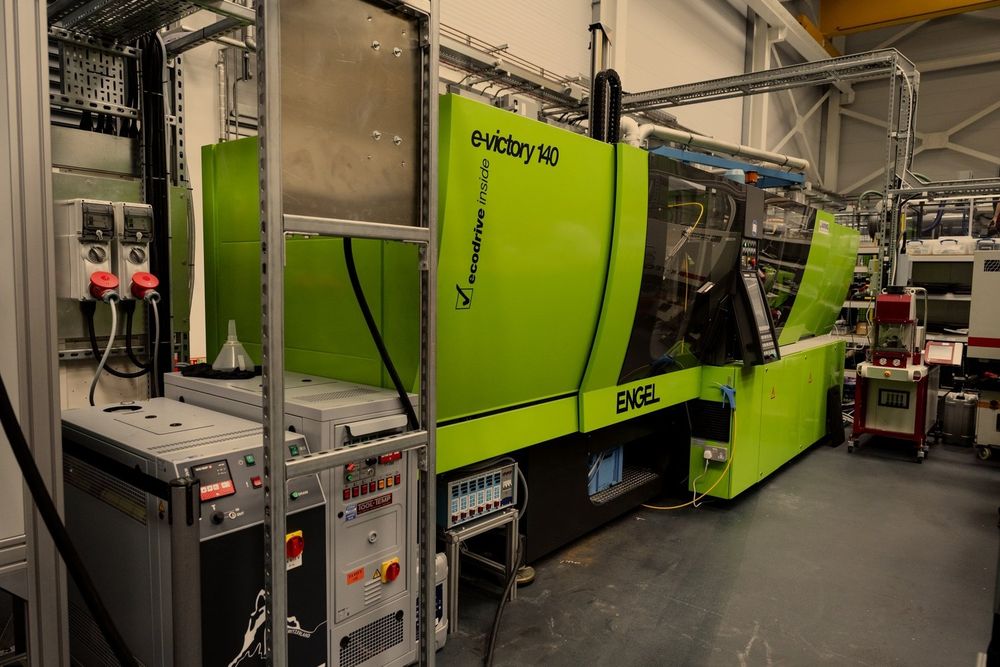prof. dr. ir. Stefan Bon 🏳️🌈🎸🐕
@bonlab.bsky.social
1.2K followers
660 following
150 posts
Prof. in Polymer and Colloid Chemical Engineering at the University of Warwick (UK), LGBTQ+ Advocate, Dutch origin, Gen X, Educator. Maker of small plastics. He/him, https://bonlab.info 🏳️🌈 🎸🐕
Posts
Media
Videos
Starter Packs





